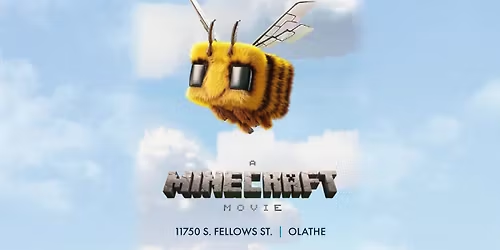 ****This class is not going to teach you how to be funny with your patients and clients.
****This class is not going to teach you how to be funny with your patients and clients.****This class isn't teaching you how to perform comedy improv.
****This class is FUN..... AND, it uses the APPLIED principles of improv to improve our communication in healthcare work spaces
Course Description:
In today’s rapidly evolving healthcare environment, effective communication, empathy, and collaboration are more critical than ever. This course offers healthcare professionals a unique opportunity to explore how medical improv techniques can enhance their practice. Through experiential exercises, participants will learn how to cultivate empathy, foster genuine connection, and communicate collaboratively with patients, families, and interdisciplinary teams. This interactive course emphasizes the importance of active listening, adaptability, and presence in challenging healthcare environments, equipping participants with the skills needed to strengthen relationships to improve patient care, clinical outcomes and contribute to improved health and well-being of healthcare providers and patients. Participants will leave with practical tools that can be immediately applied to improve teamwork, enhance patient outcomes, and reduce the impacts of moral injury and burnout.
This course is ideal for professionals seeking to enhance their communication skills, build resilience, and navigate the complexities of today’s healthcare landscape with confidence and compassion.
This course is designed for healthcare professionals: PT, OT, SLP, PTA, COTA, RT, RD, Social Workers, Nursing, LPN, Administrators, Massage Therapists, Counselors.
4 hours CEUS Pre-approval for PTs through the KPTA and Social Workers through KS BSRB.
$50.00
Venmo: @Carrie-Blubaugh-1
Course Objectives:
1. Explain the distinction between moral injury and burnout.
2. Identify what is, and is not, within your control when managing moral injury and burnout
3. Describe the 3 elements of the core Yes, And principle of medical improv
4. Identify difference between 1st, 2nd, and 3rd circle presence and how it impacts collaborative communication.
5. Identify one specific way to improve your 2nd circle presence
6. Describe how medical improv can improve communication in the healthcare setting
7. Identify emotions in non-verbal communication in order to improve emotional intelligence
8. Identify ways in which you can deepen and improve your listening skills
9. Recognize the underlying wants/needs of “difficult” patients and families to provide improved accuracy of communication to foster improved pt/family satisfaction and safety
10. Explain the concept of “matching energy” and how that could improve relationships in the healthcare setting
11. Describe how recognizing status can improve pt-HCW communication and relationships
12. Describe 3 ways you can improve the culture of support and teamwork in your workplace
Course Outline and Schedule
08:30 to 8:45am **Registration
8:45 to 9:15am: Introductions and Moral Injury vs Burn Out
9:15-10:00am: Collaborative Communication
10:00 to 10:45am: Listening
10:45 am to 11:00am: ** Break
11:00 to 11:45am: Status and Relationships
11:45 to 12:30pm: Teamwork, cooperation, support
12:30 to 1:00 pm: Monday morning applications, wrap up, Q&A
Event Venue
Evergreen Community of Johnson County, 11875 S Sunset Dr, Olathe, KS 66061-2794, United States











